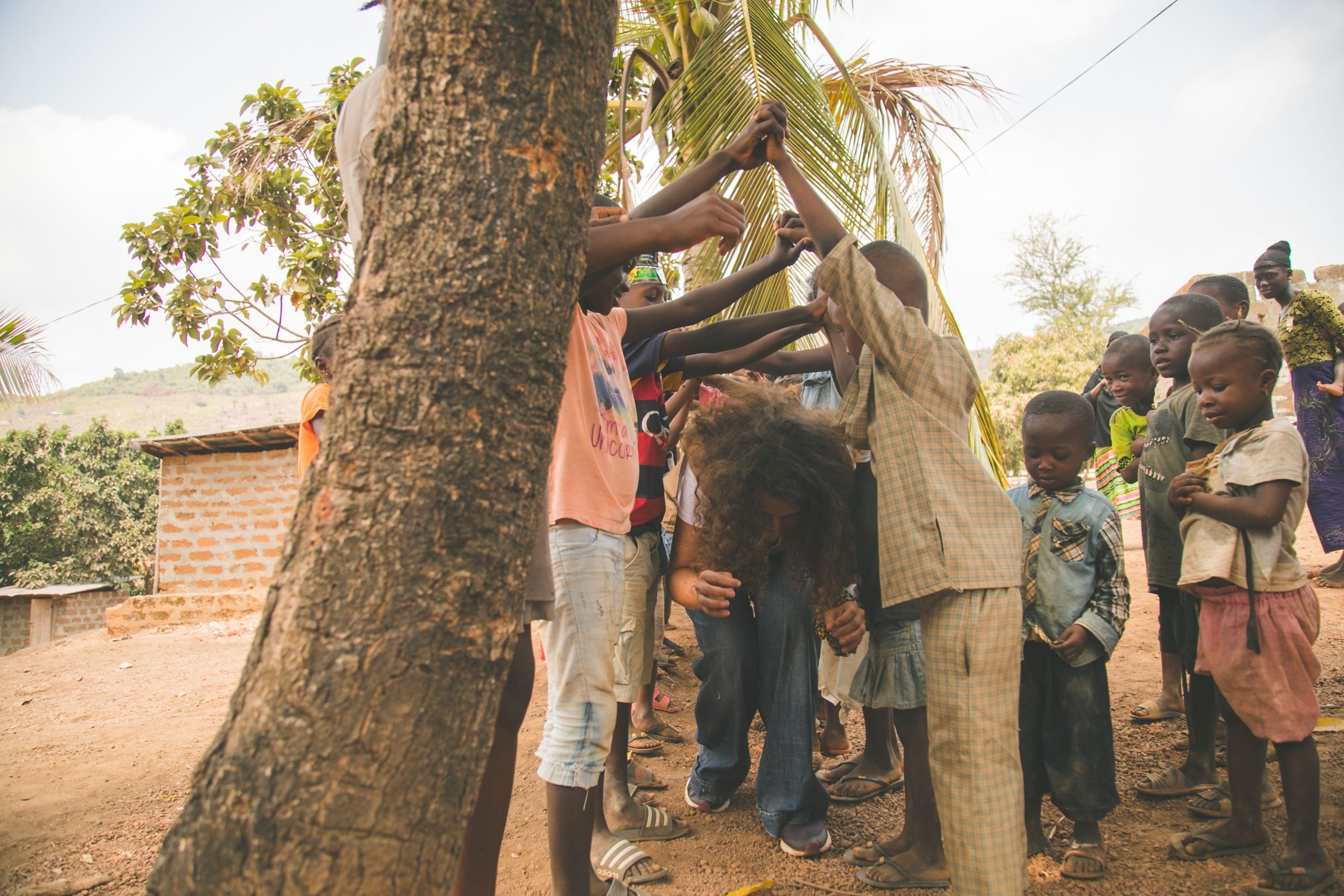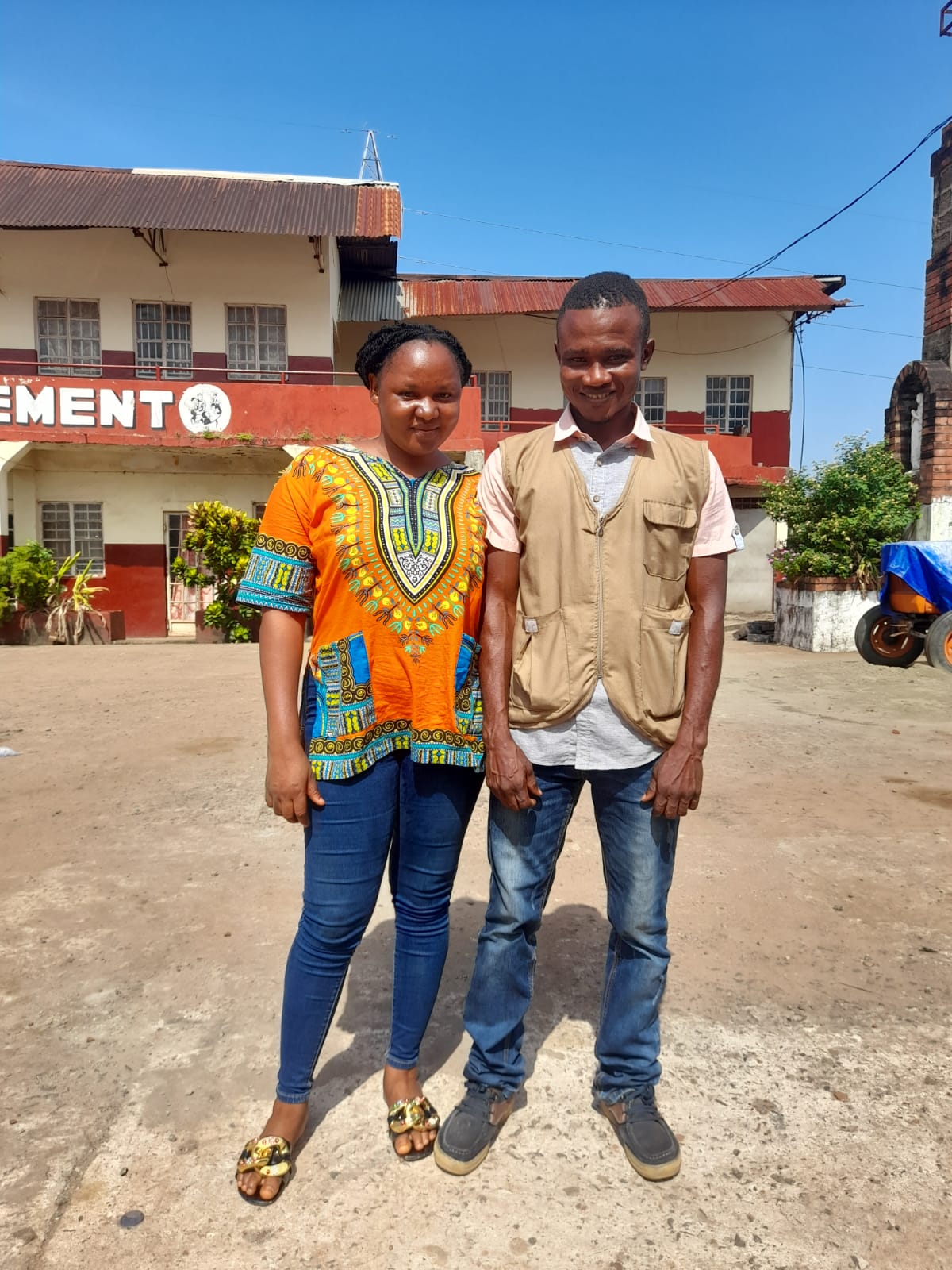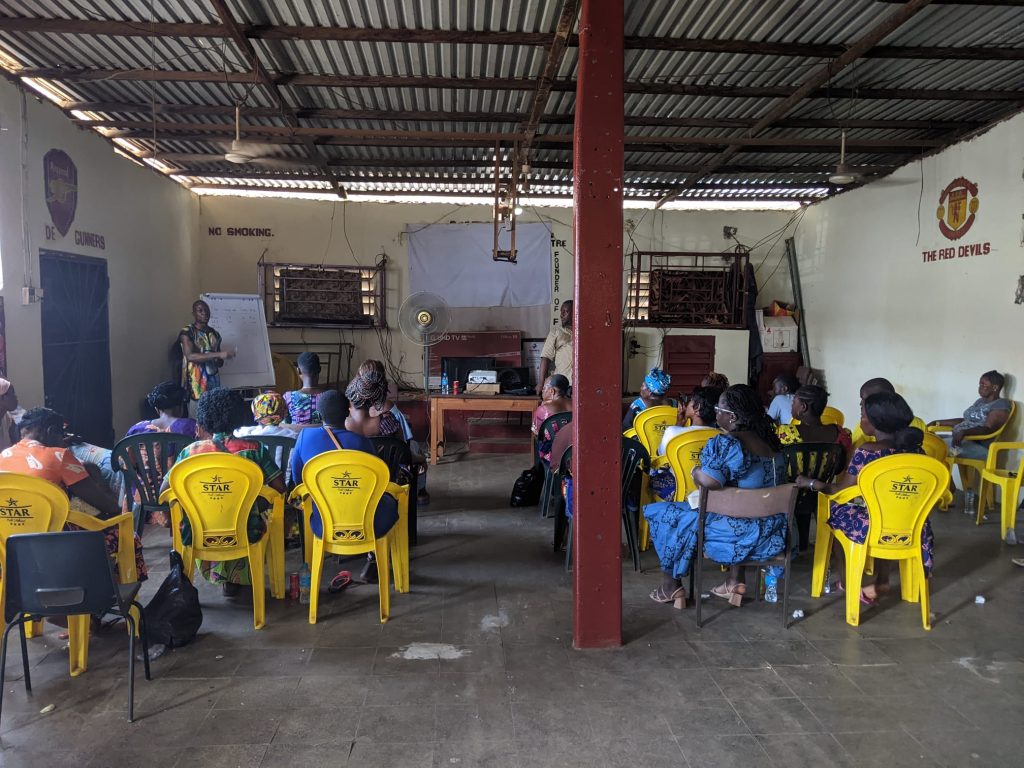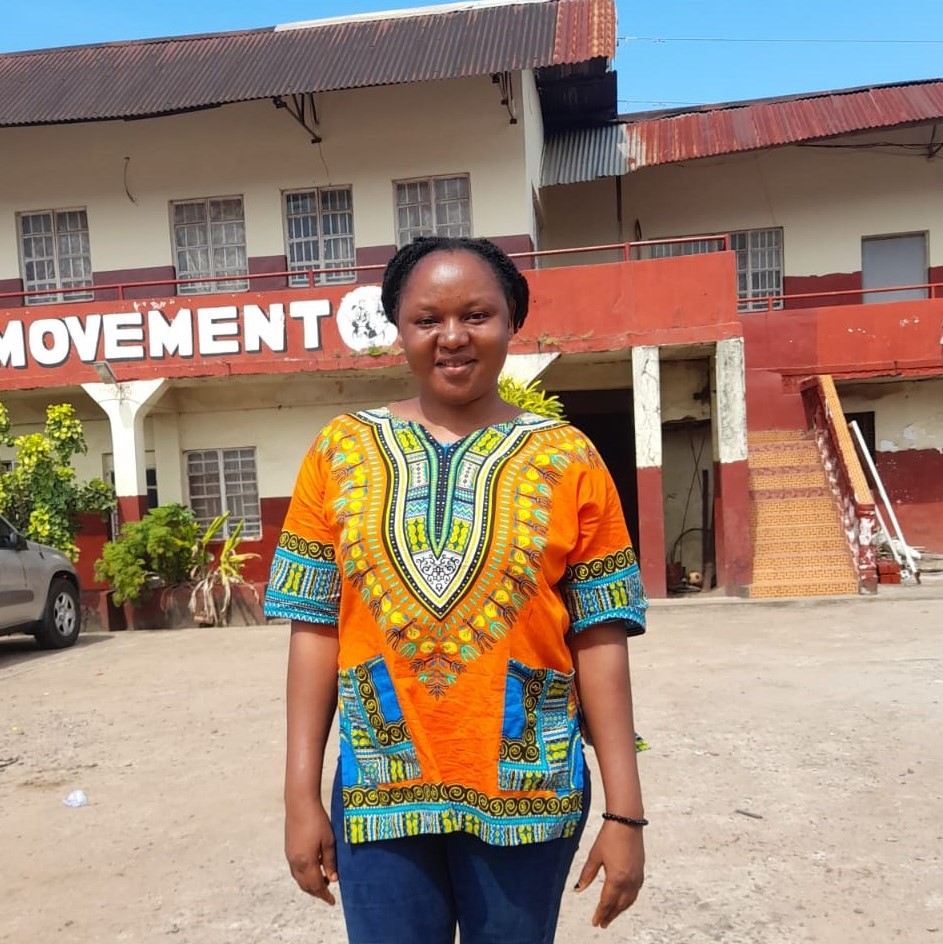Mariam Conteh is a very caring mother. Together with four brothers and two sisters, she lives in a small house in Freetown, the capital city of Sierra Leone, and wishes to give her daughter all the opportunities she didn't have as a child.
Fatimata Kanu is 10 years old, she a cheerful girl and loves going to school, where she can learn something new every day.
Mariam and Fatimata are not related by blood. Nevertheless, their connection is much deeper. Fatimata is Mariam's menpikin daughter. In Krio, the local language, menpikin is a term referring to “foster care”.
Who are menpikins? How foster care and adoption work in Africa?
Menpikins are children who do not live with their biological parents, but with relatives who care for them. This practice is widespread in Sierra Leone, where adoption and foster care are quite different from the European system.
In Sierra Leone, there is no structured system for family foster care or adoption. Foster care exists, but on an almost exclusively informal level. For the vast majority of children whose parents cannot take care of them, the only options are the street or, for the few lucky ones, an orphanage.

There is no family foster care or adoption system in Sierra Leone. The only options for abandoned children are either the street or the orphanage.
The HOME project
In this context, AVSI has developed its "Home" project, striving to create something that does not exist: a system that makes it possible for abandoned children to have a family.
I don't have biological children, but I have the chance to raise and educate Fatimata. For me, this goes beyond any kinship ties.
Mariam, foster mother of Fatimata in Sierra Leone
The objective of this multilateral, integrated project is to work on resources that are already available, as well as to provide additional tools in order to address institutional and regulatory gaps.
In Africa, there are unstructured or even improvised forms of foster care that become extremely valuable, once you successfully combine such spontaneous acts of solidarity with greater awareness and competence. In July 2021, the Italian Commission for International Adoption (Cai) allocated €650,000 to this project. Originally intended to last 18 months, it will be extended until April 2023. Through these funds, AVSI can operate not only in Sierra Leone, but also in Ghana and Ivory Coast.
"Since there is no registry of abandoned children, our duty is to work with orphanages and build effective communication channels to connect them," Marco Rossin remarks. “We are also committed to work with the authorities that deal with the legal protection of children, such as the Ministry of Gender and Children's Affairs and the Ministry of Social Welfare. We want to help improve the staff's skills, while providing much-needed technical tools and IT resources.”
Parallel to its work with orphanages and institutions, AVSI offers training to foster families, such as Mariam's.
"These are foster parents who welcome children in their home because they want to do some good in the world. Their enthusiasm is very similar to that of the first Italian families who opened their homes forty years ago. - Marco Rossin, AVSI's head of International Adoptions, recently explained during an interview to the Italian newspaper Avvenire - They are not 'hunting for children' as a source of income, or simply want to foster because they cannot have their own children."
The foster families supported by AVSI
Mariam is one of the 60 parents selected by the HOME project. Among other activities, HOME provides financial support and training to formal and informal foster families. This type of financial support enables selected families to start a small business, thus making it easier for parents to provide for their children.
When we met Mariam, she was attending one of the seminars on financial management, exploring how to build a small business from scratch. Before her participation in the HOME project, Mariam had already started selling coal along the road. However she struggled with income and expense management and, as a result, she had to close down her business.
Mariam is now learning not only how to better manage money, but also how to save responsibly, so that she can protect herself in case of emergency or difficult family situations. Her dream is to give her daughter a chance to go to university and continue her studies. Today, thanks to the opportunity given to her by AVSI Sierra Leone, she is beginning to see a possibility of fulfillment and is starting to plan to open her own store. AVSI social workers will support her in the launch of her business and monitor its progress until Mariam feels she can continue on her own. “For me, these training sessions are really helpful,” Mariam told us, “not only to start my business, but also because we get to talk about children’s needs, both material and emotional. I then share what I learn with my whole family.” Like many other parents, Mariam is putting herself out there to acquire new skills and grow as an individual. She’s doing it not only for herself, but especially to be of support to her family.

Through this project in Sierra Leone, AVSI provides both "formal and informal" foster families with the necessary tools to strengthen parenting skills. These projects also deepen the general understanding of why it is important to raise children within a family and as part of local communities, as well as on the negative consequences of abandonment.
Marco Rossin – AVSI International Adoptions Manager
The direct beneficiaries of the "Home" project will be about 1,124 people, including vulnerable and foster families, social workers, institutional staff, and 533 children whose quality of life will be positively increased and who will be able to grow up in an appropriate environment for their needs.

A snapshot from the training of foster families involved in the HOME project
Press coverage [IT]
AVSI and International Adoptions
In addition to being an NGO, AVSI is authorized to perform international adoptions and, as such, it is recognized as a body working in Italy to find parents for abandoned children around the world. While this is rarely perceived as a fundamental trait for this type of organizations, every body performing international adoptions should also aim to protect children in their own country, sharing experiences and resources so that children can find a family where they live. International adoption is an additional protective measure, which should occur when the child’s needs cannot be met in his or her own country. .
The "Home" project aims to do just that: make the most of the experience gained in Italy and abroad to transform international adoption into a process that, on the one hand, is the last resource to protect a child's well-being and, on the other hand, supports an Italian family's desire for parenthood.
